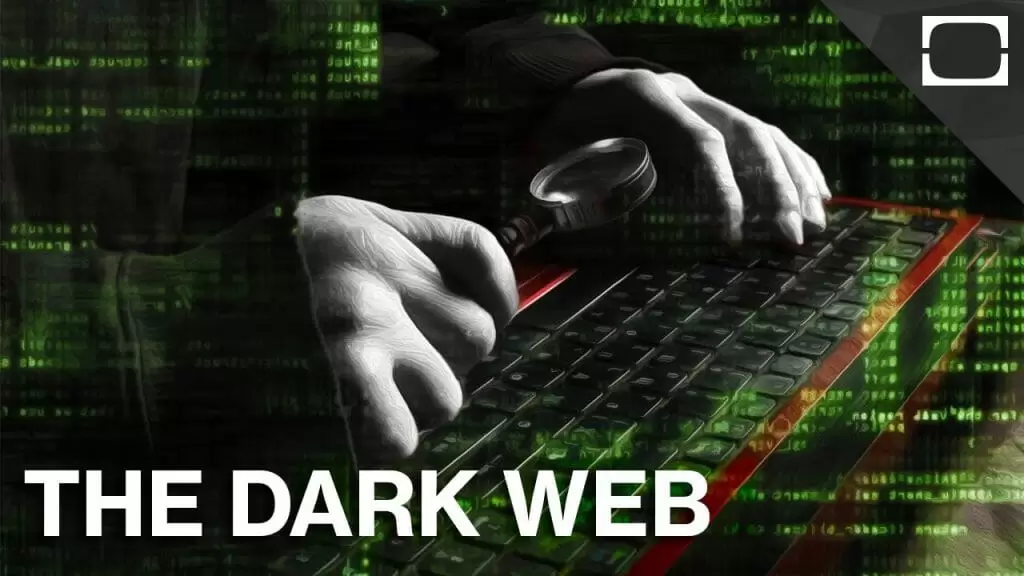Cybercrime is a rising concern in multiple industries across the globe. Today’s cybercriminals are leveraging advanced technology to steal sensitive information, leaving everyone open to vulnerabilities.
That’s why cybersecurity has emerged as a fundamental consideration for both businesses and individuals. But being aware of said threats isn’t enough. In fact, it’s important to implement safety measures to safeguard against them.
Typically people use the same password across multiple platforms, but this makes your information more stealable. Once someone has your password, they’ll have access to multiple accounts.
The growing risks of password reuse have been documented recently, where cybercriminals continue to extort data from accounts with weak or repeat passwords.
Your main objective when browsing online is to mitigate against theft, professional liability, and risk of fraud. Hackers are more creative than ever, capable of social engineering manipulation, stealing account credentials, malware, breaches, etc.
And it’s not just personal data at risk either. Large firms are vulnerable to data breaches too, where if one employee’s account is hacked it can put entire organizations at risk. Stolen data can be used for fraud schemes, including email compromise, employment fraud, invoice fraud and more. Cybercriminals can also gain access to financial accounts and corporate secrets.
It’s clearly a dangerous field, one which can leave companies open to irreversible reputational damage. But the danger doesn’t stop there! The presence of the deep web has created various outlets for criminals to sell stolen credentials anonymously.
This creates an added layer of concern, where the dark web is being accessed by countless consumers across the globe. Fortunately, there are ways to protect your data from the dark web, including the following tips and tricks to optimize safety:
Quick Overlook
Be Proactive
Why not invest in an identity-monitoring or external-credential system? If you’re not familiar with these you are now! By implementing a system like this, you’ll drastically reduce the risk of cyberattacks.
Companies are often reactive in the event of a crisis, reacting once the damage has already been done. This means criminals will often have considerable time to distribute information at their own will. Once in circulation, your information will be fully accessible to exploitation.
Сonstantly monitor sensitive information and evaluate your identity for exposure. With a proactive approach, you can scan for your data on the dark web, perhaps even discovering your stolen material before criminals use it.
Use a Password Manager
With a password manager, you can safeguard against the threat of cybercriminals stealing your passwords. This is a great way to combat password repetition and over-use. Password managers like Zoho Vault, Keeper or True Key generate encrypted passwords for each and every site you access.
These will effectively erase the password problem which plagues today’s modern users. When combined with other security measures such as two-factor authentication, using a password manager will create obstacles for cybercriminals.
Automate Account Takeover Prevention
Preventing accounts from being taken over means taking the choice out of the equation. This is especially true when it comes to password and account protection, which should be automated at every stage for an added layer of protection.
Safety steps should include monitoring account creation (to spot fraud) and comparing credentials against recognized compromised material. Technology like ThreatRadar, ThreatMetrix and ATO Prevention software ensure up-to-date, constant and habitual protection.
Regardless of the technologies you use, it’s important to integrate them with your environment and automate at every stage. When relying on human input, security measures can fall by the wayside, which is why automation is so crucial.
Protect Personal Employee Accounts
Cybercriminals can gain access to company networks when employees use the same password across multiple accounts. Criminal access to various accounts, by stealing a single password, is a hacker’s dream.
It’s important for companies to extend security access to personal employee accounts. This lessens the risk of reuse damage, especially when protection is extended to larger online networks.
Exposure in one area can lead to vulnerabilities in others, which is why focusing on personal employee accounts is a vital consideration. Once a password is exposed criminals are likely to use it, meaning tuning into protecting employee accounts is significant in terms of the bigger picture.
